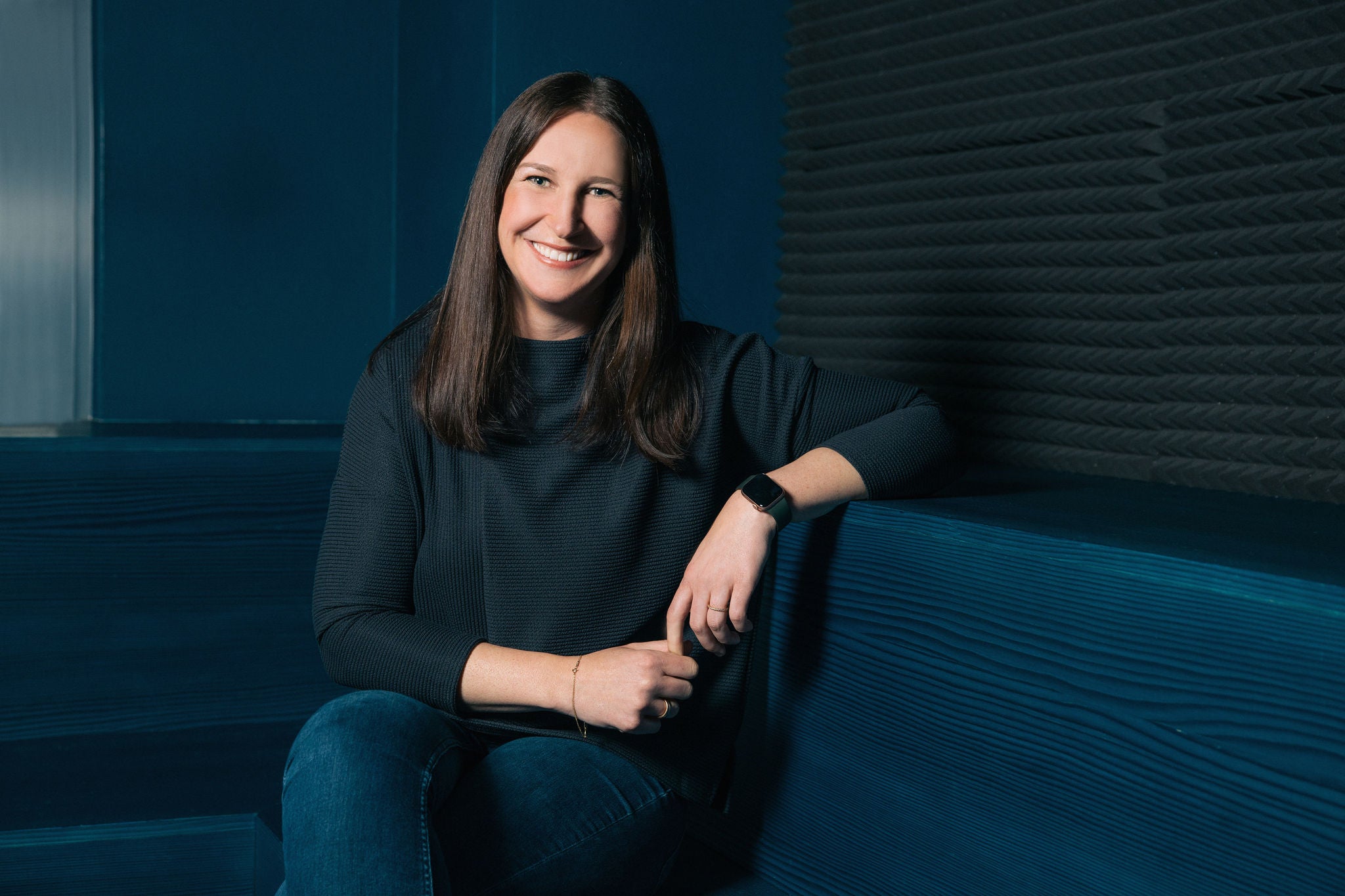From mid-2025, websites, shops and apps will be legally required to be accessible. Based on the EU directive, the “European Accessibility Act”, every EU member state must transpose this directive into national law by 2022 and apply it by mid-June 2025. The law aims to enable equal and non-discriminatory participation in the digital space, especially for people with disabilities, impairments and older people. With around 8 million people in Germany living with a severe disability – around 10 per cent of the population – there’s a huge untapped potential to reach this target group. The reality is stark: only one to two percent of digital offerings are currently accessible.
Companies need to act
Many companies are not prepared for the legal requirements. There are many reasons for this: a lack of expertise, limited human resources and the extensive Web Content Accessibility Guidelines (WCAG) make implementation difficult. Non-compliance can not only result in warnings and fines, but also damage a company's image and limit digital reach.
Organizations can have their website checked for accessibility, for example with our QuickCheck. This tests 25 WCAG criteria and the top ten accessibility barriers by analyzing as many different page types as possible – for example, for web shops, the home page, search results, product overviews, detail pages and checkout processes. Typical barriers such as missing alternative text, poor text contrast or missing button labels are identified. The results, including recommendations for action, are summarized in a “Barrier Report” and then need to be implemented – a manual process that can be time-consuming depending on the size of the site.
WCAG check by AI agents
To save time and money, our team developed a prototype for an AI-assisted WCAG validation system as part of a Serviceplan Group AI hackathon. The idea was to make the process much more efficient by using multiple specialized AI agents that autonomously perform subtasks of the WCAG check. The use case chosen for the prototype was one of the most common barriers: ensuring suitable alternative text for images. The conditions for using an agent system for WCAG testing are ideal. This is because the guidelines are clearly written so that agents can easily understand the criteria. Accessible alt text is a short, concise and functional description that makes the image content understandable to visually impaired users without unnecessary detail or redundancy.
An agent team based on the ChatGPT model was developed, consisting of several special agents. A crawling agent scans the website and identifies image content. The image analysis agent then checks each image, creates missing alternative text or evaluates the quality and comprehensibility of existing descriptions. The collected results are fed into the reporting agent, which generates a comprehensive accessibility report and documents existing barriers.
Achieving accessibility more efficiently
In practice, this significantly reduces the workload for companies. Without manual intervention, the agent system not only performs the check itself, but also suggests specific alternative texts and provides feedback to the company on which texts need to be changed. Our team is currently working on an agent that will check the labelling of buttons and links, as well as image descriptions. In the future, another agent will allow improvements to be entered directly into the content management system. The aim is to create an agent system that covers as many WCAG criteria as possible and removes barriers to a great extent autonomously.
Once established, the “Agentic Service” can be offered at a fraction of the cost of the traditional method. This allows companies to analyze their digital offerings on a scalable and continuous basis. In an ideal scenario, a site could be constantly monitored and barriers identified via a dashboard.
An accessible website not only improves digital accessibility for millions of people, but also strengthens the company's image, improves search engine rankings (SEO) and opens up new, valuable target groups. Investing in accessibility therefore pays off for companies in many ways – including economically. The human-in-the-loop approach is still essential to ensure reliable quality. However, AI agents will soon be the decisive step towards an inclusive digital future.
Interested in more content?
Back to Issue #18



